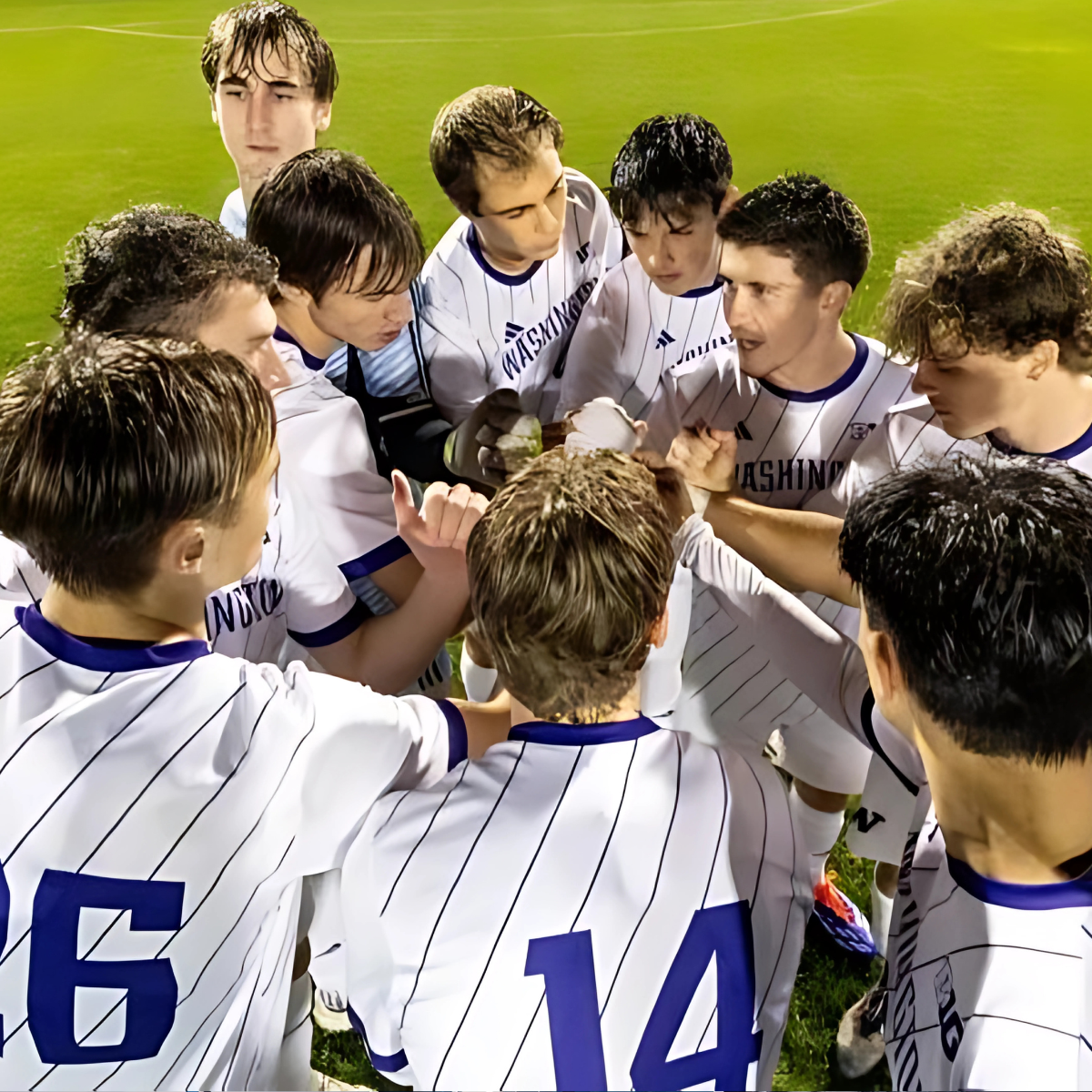What is Mental Toughness and How Can Athletes Develop It?
Mental toughness is a psychological attribute that enables athletes to cope with the pressures of competition, overcome challenges, and maintain focus on their goals. It encompasses a range of characteristics, including resilience, confidence, control, commitment, and the ability to view challenges as opportunities for growth. Understanding and developing mental toughness can significantly enhance an athlete's performance and overall experience in their sport.
Defining Mental Toughness
Mental toughness is often described as the psychological edge that allows individuals to perform at their best under pressure. According to various studies, it includes traits such as:
- Self-belief: A strong conviction in one's abilities.
- Resilience: The capacity to recover quickly from setbacks.
- Focus: The ability to concentrate on the task at hand despite distractions.
- Commitment: Dedication to training and competition.
- Emotional control: Managing emotions effectively in high-stress situations.
The concept is often summarized by the "Four Cs" of mental toughness: Control, Commitment, Challenge, and Confidence. These elements work together to help athletes navigate the ups and downs of their sporting careers.
The Importance of Mental Toughness in Sports
Mental toughness is crucial for athletic success for several reasons:
- Performance Under Pressure: Athletes with high mental toughness can maintain composure during critical moments, enabling them to execute skills effectively when it matters most.
- Overcoming Adversity: Sports are filled with challenges, including injuries, losses, and tough competition. Mentally tough athletes view these obstacles as opportunities for growth rather than insurmountable barriers.
- Enhanced Focus: Mental toughness helps athletes concentrate on their performance rather than external distractions or negative thoughts, leading to improved execution of skills.
- Increased Motivation: A strong sense of commitment and self-belief fosters intrinsic motivation, encouraging athletes to push through difficult training sessions and strive for continuous improvement.
Read: How does the concept of deliberate practice relate to athletic excellence?
Developing Mental Toughness
While some individuals may naturally possess higher levels of mental toughness, it is a skill that can be developed through intentional practice and strategies. Here are several effective approaches:
- Set Clear Goals: Establishing specific, measurable goals provides direction and purpose. Athletes should focus on both short-term and long-term objectives that align with their overall aspirations.
- Embrace Challenges: Athletes should actively seek out challenging situations that push them outside their comfort zones. By facing adversity head-on, they can build resilience and confidence.
- Practice Self-Talk: Positive self-talk can reinforce self-belief and motivation. Athletes should develop affirmations that encourage a growth mindset and counter negative thoughts.
- Visualization Techniques: Mental imagery can help athletes prepare for competitions by visualizing successful performances. This practice enhances confidence and reduces anxiety by creating a sense of familiarity with high-pressure situations.
- Mindfulness Training: Engaging in mindfulness practices can improve emotional regulation and focus. Techniques such as meditation or breathing exercises help athletes stay present during competitions, reducing anxiety and enhancing performance.
- Learn from Failure: Mentally tough athletes view failures as learning experiences rather than setbacks. Reflecting on mistakes allows them to identify areas for improvement without losing confidence.
- Develop a Support System: Surrounding oneself with supportive coaches, teammates, and mentors can provide encouragement and constructive feedback, fostering a positive environment for growth.
Mental toughness is a vital component of athletic success that encompasses resilience, focus, commitment, and emotional control. By understanding its significance and actively working to develop this attribute through goal-setting, self-talk, visualization, mindfulness, and learning from failures, athletes can enhance their performance and navigate the challenges of competition more effectively. Ultimately, cultivating mental toughness not only contributes to success in sports but also fosters personal growth and resilience in all areas of life
Read: What is choking under pressure and how can athletes prevent it?







%20(1200%20%C3%97%20232%20px)%20(9).png)









.png)

